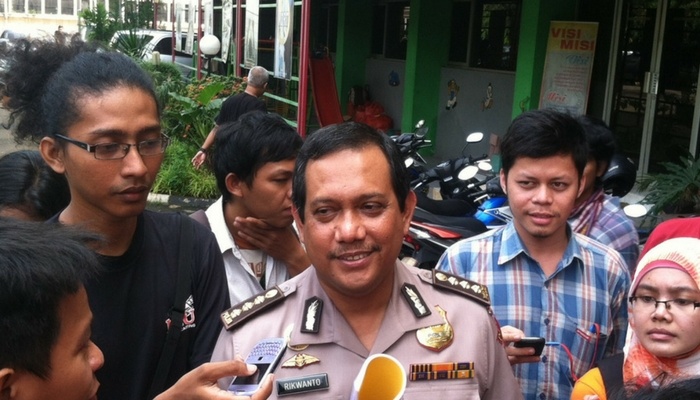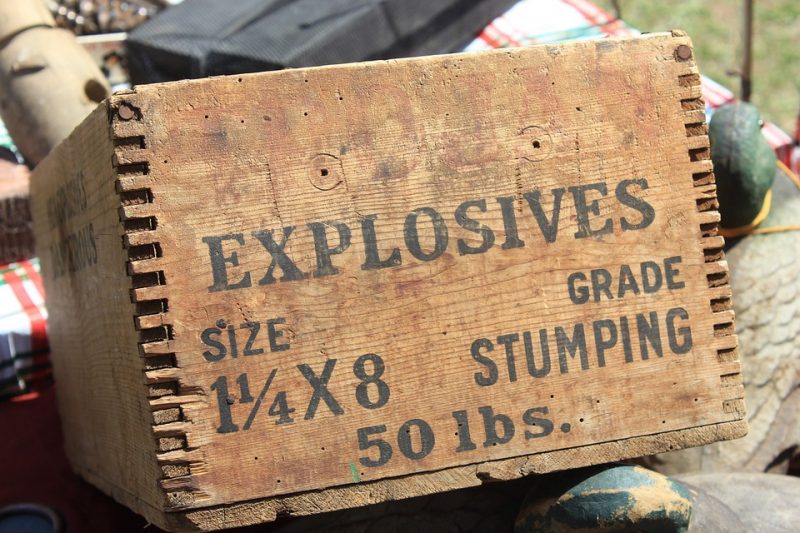On November 25, Indonesian police announced the arrest of 23-year-old Rio Priatna Wibawa from whom they uncovered tools that could make bombs stronger than those used in the 2002 Bali tragedy.
These devices, which included RDX and TNT, along with other weapons, were found in the home of the 23-year-old militant student in Majalengka, West Java.
Wibawa used to be a student in an agriculture university before he dropped out after being allegedly radicalized by Aman Abdurrahman, a terrorist convict and cleric.
Although he has never fought in any war, Abdurrahman and his teachings are believed to have deep clout in terrorist groups in the country.
Abdurrahman was also alleged to have a close relationship with Bahrun Naim, who was part of his praying community. Naim fled Indonesia and joined the Islamic State (ISIS) group fighting in Syria. He and Abdurrahman have been implicated in the Central Jakarta bombing early this year that killed eight people.
See also: Molotov Attack, Bomb Threat Hit Indonesian Worship Places
According to police spokesman Rikwanto (one name only), Wibawa received funding from other Indonesian radicals in Taiwan, Malaysia and Saudi Arabia. He sourced his materials using his network in different parts of Indonesia and the Philippines while he received instructions from Naim.
The police also said Wibawa and his group could have targeted crowded establishments like cafes and worship places, as well as government buildings like embassies.
The police are still searching for Wibawa’s cohorts, while an interrogation with Wibawa yielded two suspects for a bombing plot in several places in Jakarta such as the Myanmar embassy.
With the materials available and their ‘ability,’ it’s possible they could have made bombs at least three times stronger than the ones detonated in 2002 in Bali, one of the country’s popular tourist destinations. At least 200 people died in the tragedy, including 88 Australians and 38 Indonesians.
After the 2002 bombing, scores of Indonesian radicals including members of Jemaah Islamiyah, who were arrested and convicted with three sentenced to death. These eventually weakened terrorism in the country. Recently, however, many radicalized Indonesians who have fought with ISIS are coming back to the country.
Image Credits: Pixabay, Kabartangsel




